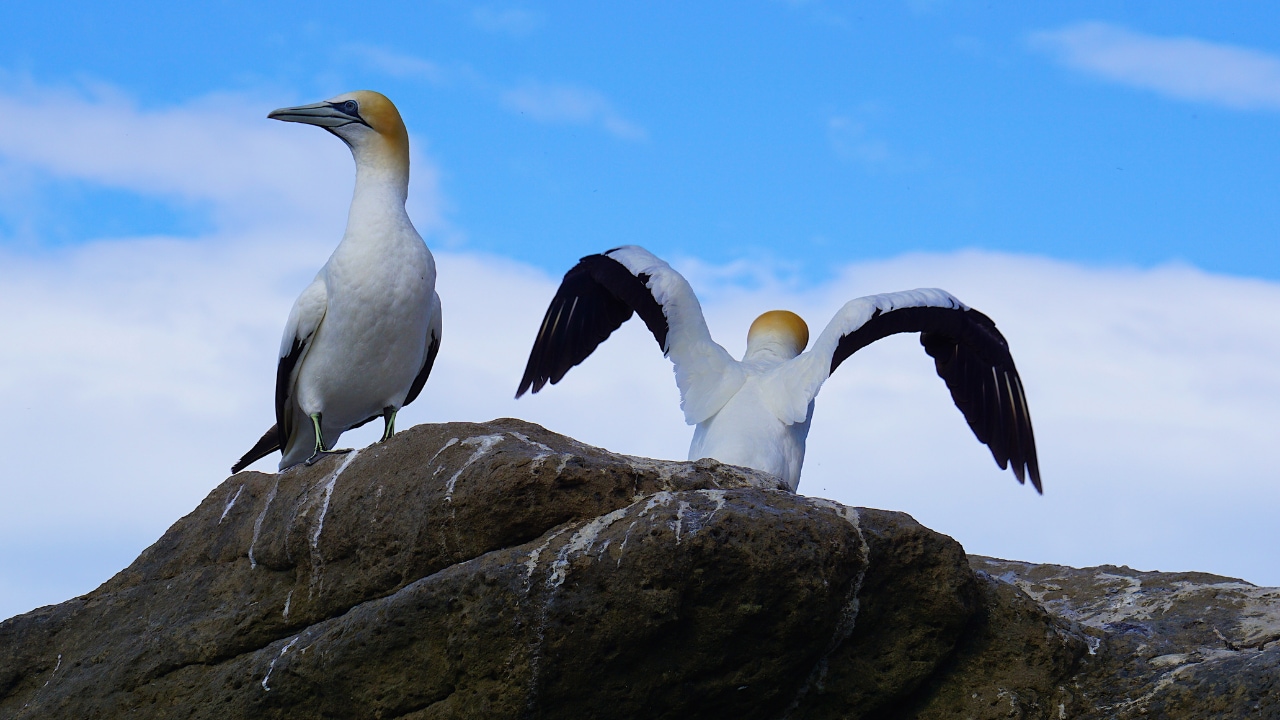Many global brands like Volkswagen, United Airlines Holdings, General Motors have paused their ad spends on Twitter after Elon Musk’s takeover. Experts fear Indian brands might soon follow suit and take their business to other more targeted platforms like LinkedIn, Meta or even Koo.
With the takeover, Siddharth Devnanai, co-founder and director, SoCheers says that if the increase in problematic content causes users to drop off Twitter, the other platforms will be rewarded with the additional time spent.
“This also brings into question the viability of a laxer content moderation policy on Twitter, which Musk wants to institute. If and when concrete changes in these policies are announced, brands might realign their spending strategies to avoid advertising beside such content, and redirect their Twitter budgets to other platforms,” Devnanai said.
While brands haven’t yet completely moved away from the platform, the changes have caused some brands to reduce their spends on Twitter and Musk himself confirmed a drop in revenue.
In Twitter’s recently announced financial results for the second quarter 2022, revenue for the company totaled $1.18 billion, a decrease of 1% year-over-year reflecting clearly on the falling ad spends by brands owing to the overall economic situation and then pending acquisition news.
As per media reports, the WPP-owned media investments company GroupM is now tagging Twitter as “high risk” media for their clients. The advisory shared by the agency to their clients highlights the volatility of the platform and says establishment of internal checks and balances, re-population of IT security, privacy, trust and safety senior staff, full transparency on future development plans of community guidelines/content moderation/ anything affecting user security or brand safety are some of the areas that Twitter must work on with immediately.
So what are the other options brands have?
Fly the coop
While Meta and LinkedIn have already been a significant part of brands’ marketing mix in the country, newer homegrown platforms like Koo which is a microblogging platform similar to Twitter might also stand a chance to win in this situation. Spends retracted from Twitter could mean an increase in spends on other social platforms and debuting on newer platforms, says experts.
“Twitter is certainly going through transformation with respect to functionality, pricing, etc. Indian counterparts and other alternatives to Twitter are smaller in size currently and global brands might or might not prefer them unless the user base is high enough,” points out Niraj Bora, Founder of Surmount Business Advisors Pvt Ltd.
However, Koo is pro-actively strengthening their amplification initiatives to cater to this issue and open conversation with brands.
Launched in March 2020, the multi-lingual microblogging platform has clocked 50 million downloads with a large increase in users, time spent and engagement since January this year. Currently available in 10 languages including Hindi, Marathi, Gujarati, Punjabi, Kannada, Tamil, Telugu, Assamese, Bengali and English, the platform sees chatter from brands like Snapdeal, Amul, Groww, UCO Bank, Droom, HDFC Securities, Bajaj Group and Fortis Healthcare.
Bora has more suggestions for Koo. He says, the platform was known to be politically-inclined at a point of time earlier, so they will have to shed that image in order to make brands interested in them. Brands also want to ensure that the user base of the platform has a similar target group to get better results.
Koo is diverting all its focus on tightening all loose ends that might have been there.
Aprameya Radhakrishna, Co-founder and CEO at Koo says “At Koo, we believe in being inclusive and enabling freedom of expression for everyone. We continue to build to include 90% of India and 80% of the rest of the world who don’t have the freedom to speak in native languages on the internet. We do this by focusing on local language and culture and adhering to local laws. We are excited to see the latest changes in the social media landscape and how it will further help in enabling free and fair dialogue for the users.”
